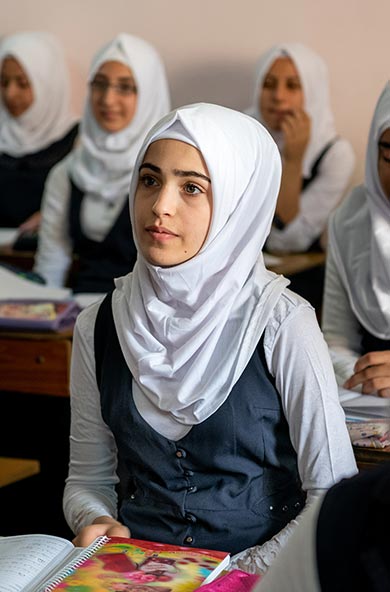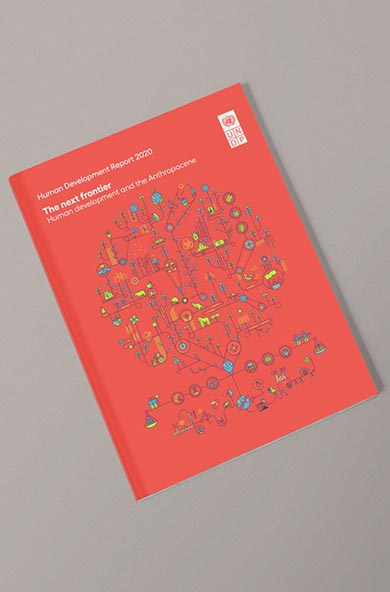Equitable systems centered on the needs of people are urgently needed

A Cambodian environment activist holds a placard that reads "Justice is dead," after a court delivers a verdict against activists from the Cambodian environmental group Mother Nature in Phnom Penh in July 2024. © Reuters
The Asia-Pacific region is a dynamic hub of economic growth and human development. Infrastructure building is booming, life expectancy is increasing, poverty is declining, and health care and education -- albeit with some caveats -- are improving. By contrast, such impressive progress is lacking in many areas of governance, not least the rule of law and access to justice. It remains a region where millions of people are deprived of their rights to justice, where protracted incarceration without trial is common, where the court systems often lack transparency, accountability and integrity.
Not everyone is equal in front of the law or a tribunal. In many Asia-Pacific countries, women face widespread discrimination, most acutely in Afghanistan. They do not have the same property or inheritance rights as men; they do not have equal access to courts; and rulings often disregard their claims and rights. Similarly, marginalized and minority communities -- such as indigenous peoples, those with disabilities, and rural and displaced communities -- find access to justice a daunting challenge, especially in matters of civil justice. And many communities in conflict-ridden countries such as Myanmar are left without access to formal justice systems.
Justice is more than laws and courtrooms, it is the cornerstone of equity, dignity and resilience. It is an essential part of the social fabric and cohesion of communities. Akin to education and health care, justice is a public good that must be delivered to all. When justice is denied, it is not only the individual who suffers, the very fabric of society is affected. Injustice erodes public trust, destabilizes communities and perpetuates cycles of poverty and exclusion. Injustice compounded by corruption, economic crises and deprivation ignites resentment, driving people to protest in the streets, as witnessed recently in Bangladesh and Sri Lanka.
The justice gap, in the otherwise positive development story of Asia, needs to be addressed by building on key principles.
Justice systems must be accessible and equitable for all, extending beyond traditional courts. Across Asia and the Pacific, formal legal systems should coexist more equally with indigenous and traditional laws that have served for centuries as the backbone of justice for communities.
Justice for all requires enhanced recognition of customary law and traditional justice mechanisms that foster inclusion and trust. Successful examples provide inspiration and could lend themselves to replication. For instance, Bangladesh's village courts provide accessible and affordable justice in rural areas, empowering communities to efficiently resolve everyday disputes and strengthen trust and fairness.
Alternative mechanisms for dispute resolution can enhance justice, and in displacement contexts, ease tension. This is the experience in the Rohingya camps of Cox's Bazar in Bangladesh and in Myanmar's Kachin state, where local mediators and civil society organizations are working with communities and village leaders to address issues such as housing, land, and property rights, as well as labor disputes.
Legal aid and access to information is an underexploited means to improve justice. During the COVID pandemic, this approach proved successful in countries like Sri Lanka and Fiji, where technology facilitated improved access to legal information, assistance and counseling; streamlined case management; and addressed the issue of pretrial detention. Learning from such examples, legal aid and access to information needs to move from being part of a crisis response to becoming mainstream justice.
Justice must also evolve to address crucial issues kept out of courts for far too long. The most glaring examples are environmental protection and climate change. In today's world, justice for the planet is inseparable from justice for the people. Farmers are losing their lands to rising seas, houses are being destroyed, livelihoods are being ruined and the health of millions is compromised by air pollution.
At a recent United Nations conference, Richa Shrestha, a young Indigenous climate activist from Nepal, posed a powerful question: "As a law student, I learned to defend freedom of speech and political assembly. But how do I defend the air we breathe?"
Environmental harm, conflict, climate-induced displacement, exclusion and inequality are not unrelated issues; they are deeply intertwined, leaving millions vulnerable and deprived of basic human rights. Legal frameworks must therefore evolve to enhance environmental justice, address climate-related disputes, and acknowledge the competence of tribunals in handling environmental cases
Across the world, states are now being sued by citizens for environmental damages and failure to uphold their responsibility in protecting citizens in climate and environmental issues.
In April last year, the European Court of Human Rights ruled that Switzerland had violated its citizens' human rights by failing to address climate change, setting a global precedent. Similarly, in 2021, Germany's highest court delivered a historic ruling that deemed the government's climate legislation insufficient for lacking detailed emissions-reduction targets beyond 2030.
In Asia and the Pacific, momentum for environmental justice is also growing. Climate change-related litigation cases worldwide have more than doubled since 2017 and about a third of them originated from Asia and the Pacific.
In December 2024, the International Court of Justice held hearings on governments' legal obligations to protect the environment and combat climate change, following a historic 2023 U.N. resolution spearheaded by Vanuatu, as well as 17 other countries including Samoa, Vietnam, Micronesia and New Zealand, and Pacific students. Expected to issue an advisory opinion in 2025, the court's decision is anticipated to be a watershed moment in climate justice, potentially enforcing international climate commitments.
Justice systems that are equitable and truly centered on the needs of the people they are meant to serve are a legitimate right and an urgent need to build further human development in Asia and the Pacific.
This article was originally published on Nikkei Asia on Nikkei Asia (February 21, 2025)
https://asia.nikkei.com/Opinion/Justice-is-not-for-all-in-the-Asia-Pacific

 Locations
Locations












